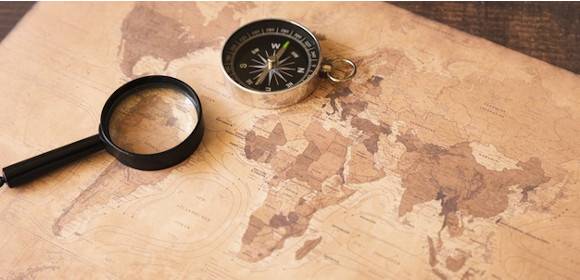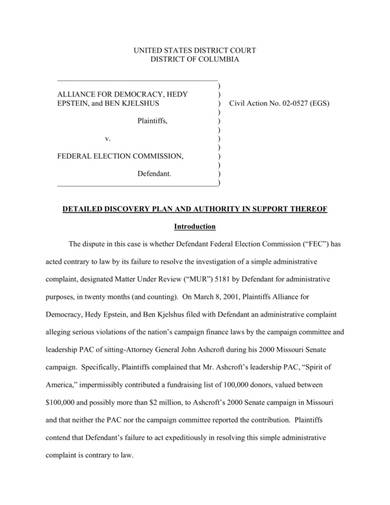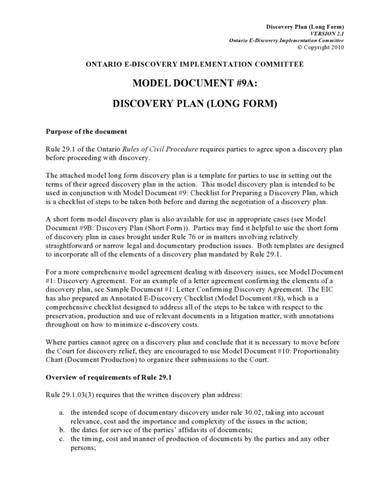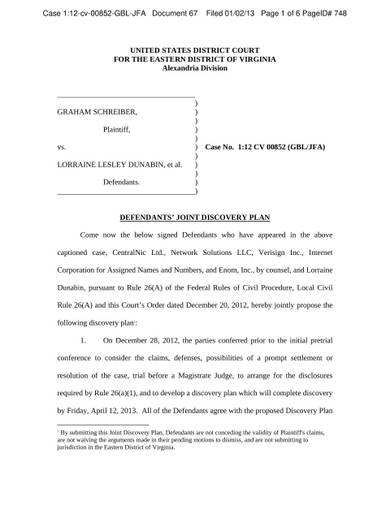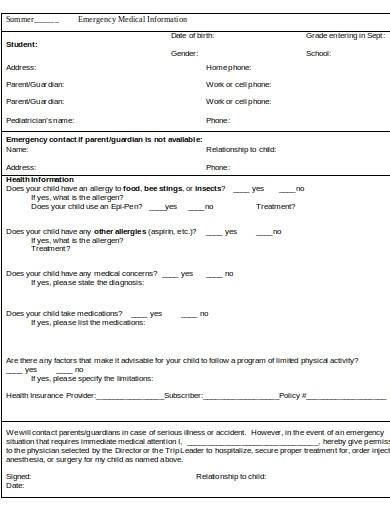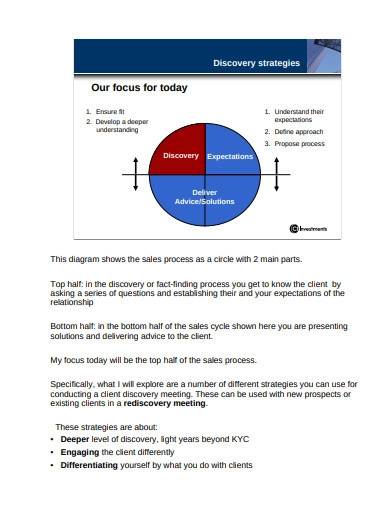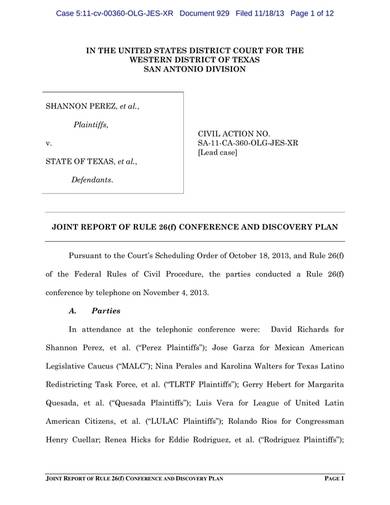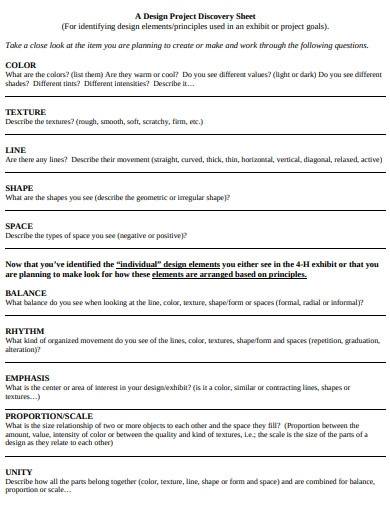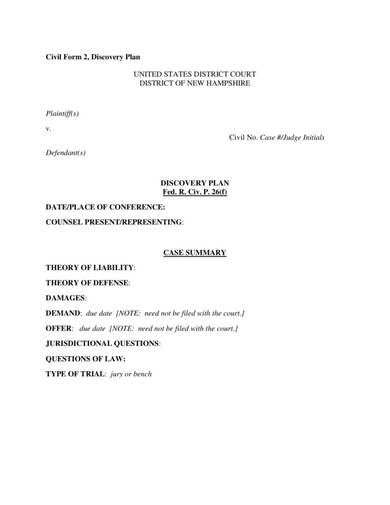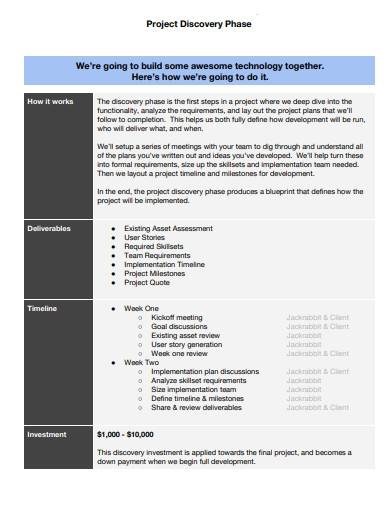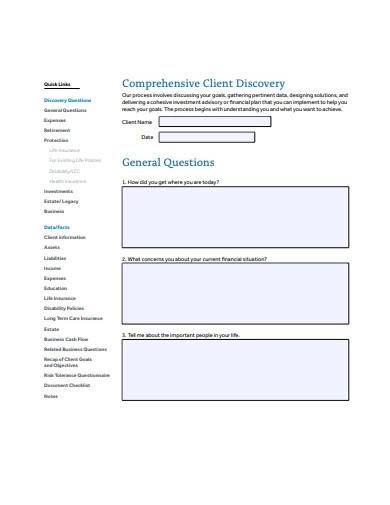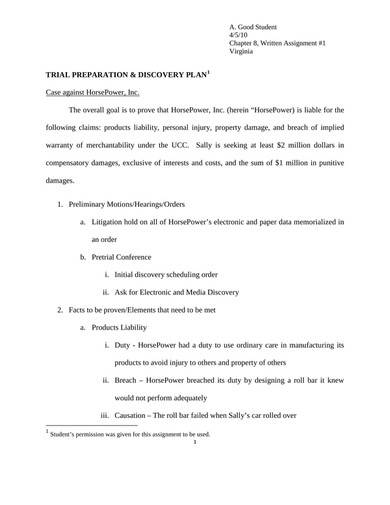According to the book “Discovery and Disclosure Practice, Problems, and Proposals for Change,” there are about 60% of the attorneys report that they met and conferred with opposing counsel, either by telephone, correspondence, or in person, to plan for discovery. As a diligent lawyer, you need to create an effective discovery plan. But, what are the things you need to do in writing a discovery plan? In this article, we have some downloadable plan samples to guide you. Keep on reading!
FREE 10+ Discovery Plan Samples
1. Sample Discovery Plan Template
2. Discovery Plan Sample
3. Sample Joint Discovery Plan
4. Sample Project Discovery Plan
5. Client Discovery Strategies Sample
6. Conference & Discovery Plan Sample
7. Project Discovery Plan Sheet
8. Discovery Plan Template
9. Sample Project Discovery Phase
10. Comprehensive Client Discovery Plan
11. Trial Preperation & Discovery Plan
What is a Discovery Plan?
A discovery plan is an effective planning tool for lawyers or attorneys as it defines the scope of litigation for both parties, the essential documents that must be produced, and the custodians to contact, and many more. This kind of process sets up the rules that lawyers should follow by while a lawsuit is still ongoing.
How to Write a Discovery Plan
Writing a comprehensive discovery plan can be a daunting task for some but you need to view this as a valuable step in creating a competitive advantage during the course of a lawsuit or trial. Below are some helpful tips in writing an effective discovery plan:
1. Set up some agreements for your discovery plan
One of the primary aspects in writing and implementing a certain discovery plan is setting up some agreements concerning the parameters and responsibilities of your discovery plan. According to the Rule 26 of the Federal Rules of Civil Procedure (FRCP), both parties involved in a case should hold a meet and confer conference or a thorough discussion about the discovery process such as guidelines, timelines, deadlines, and many more factors.
2. Make a list of custodians
Before you make a list of the important custodians for your plan, both parties need to gather essential data as they perform their own research through various methods like conducting interviews, and more. Custodians are the individuals who gain access to the important documents that lawyers need to create a compelling argument.
3. Maintain and preserve legal matters
The third step is that both parties should be obligated to preserve and refresh their data at specific intervals. Usually, clients are the ones to collect, keep, and validate their information but law firms should establish legal holds internally. To maintain and preserve legal matters, it is recommended that you prepare an audit log of legal holds.
4. Establish limitations and rules
You should narrowly identify what kind of information is significant to a legal procedure and what types of documents needed from the opposing party. It is suggested that you simultaneously broaden the scope of discovery to have some time for possible evidence to support your argument.
FAQs
What are the three forms of discovery?
The three forms of discovery are written discovery, document production, and depositions.
What is the purpose of discovery?
The purpose of discovery is to make people acquire full knowledge of various issues concerning a certain matter.
How do I write a discovery request?
First, develop a strategy and make some adjustments on the scope of your requests. Send simple and clear requests. You should consider how your client made some preparations in responding to similar requests. Your objections must be specific.
What can you ask for in discovery?
You can ask anything a witness or party saw, heard, or did, as well as anything anyone said at a specific time and place.
Indeed, having a well-developed discovery plan that covers the entire information and documentation is essential in legal cases. Developing a comprehensive discovery plan turns any case into success and it dramatically boosts the possibility of a positive result. To help you in this matter, here are some of our downloadable and printable plan samples available in different kinds of formats. Simply click the templates in this article and start downloading now!
Related Posts
FREE 9+ Contingency Plan Samples in MS Word | PDF
FREE 10+ Traffic Management Plan Samples in PDF | DOC
FREE 4+ Procurement Management Plan Samples in PDF | DOC
FREE 10+ Management Work Plan Samples in PDF | DOC
10+ Scope Management Plan Samples in PDF | DOC
FREE 14+ Schedule Management Plan Samples in PDF | DOC
FREE 10+ Investigation Plan Samples in PDF | DOC
FREE 9+ Sample Sharing Plan Templates in PDF
FREE 9+ Development Proposal Samples in PDF
FREE 6+ Project Implementation Plan Templates in PDF
FREE 8+ Distributor Business Plan Samples in PDF | MS Word
FREE 17+ Construction Management Plan Samples in PDF | Google Docs | Pages | MS Word
FREE 10+ Nonprofit Organization Strategic Plan Samples in MS Word | Pages | Google Docs | PDF
FREE 10+ Librarian Lesson Plan Samples in MS Word | Pages | Google Docs | PDF
FREE 10+ Substitute Teacher Lesson Plan Samples in MS Word | Google Docs | Pages | PDF
